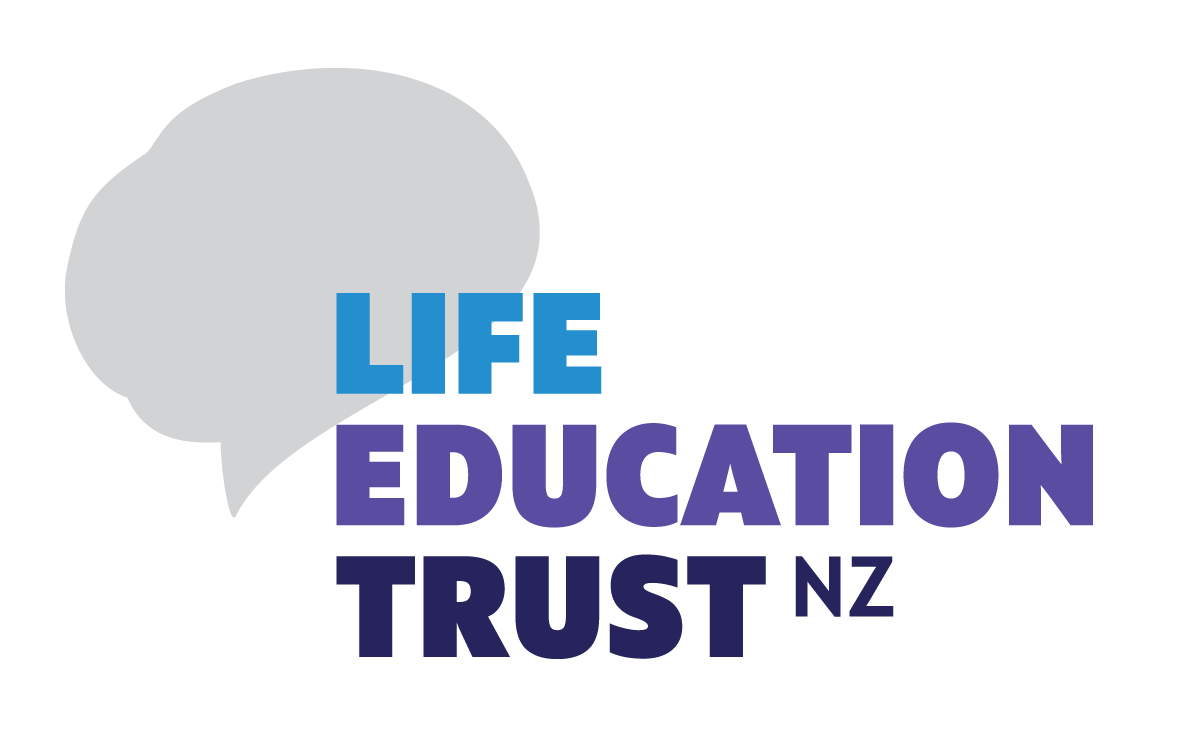What is Puberty?
Puberty is the term we use to describe the process of growing from a child into a mature adult. Puberty takes place over a number of years, and causes changes within the brain and the body. ‘Adolescence’ is the word used to describe the span of time from the beginning of puberty to becoming fully adult.
What happens to the brain during puberty?
During puberty and adolescence, the brain is changing and maturing. The front area of the brain, called the Prefrontal Cortex, is redeveloping itself and evolving adult emotional and rational skills.
It may take until the age of 25 for the brain to become fully mature.
The Prefrontal Cortex is the area involved in processes such as reasoning, problem solving, mood, impulse control, and abstract thinking, determining much of a person’s personality. Abstract thinking allows us to plan ahead, and to understand future possible consequences of our behaviour.
While the Prefrontal Cortex is maturing, adolescents appear to depend on an area of the brain called the Amygdala instead. Scientists believe that the Amygdala plays a role in instinctive, reflexive responses, and is also involved with aggression and fear.
This may explain why impulsive, risky behaviour appears to be more common in the teenage years.
What does this mean for emotions and behaviour?
Because of the changes within the brain, there are changes in emotions and feelings, too.
Adolescents may:
- have sudden changes in mood – sometimes with no obvious cause
- have difficulty empathizing with the feelings of others
- behave more impulsively than before
- find it hard to imagine consequences, and therefore take more risks
- have more difficulty planning ahead, so find it harder to make decisions
- connect more with peers than immediate family
- explore different forms of creativity
What happens to the body?
When puberty starts, the body starts to grow faster. Growth may be in ‘spurts’ – meaning occasional periods of faster growth interspersed with periods of slower growth.
During this time, it is important to eat well, so that the body has enough nutrients to grow and develop. Getting regular exercise when the body is growing helps to develop bone strength and density.
Girls may notice breasts starting to develop sometime between the ages of 8 to 13 - commonly around age 10 - and hair starting to grow under the arms and in the pubic area.
About a year later, a girl’s fastest growth spurt will start.
About one and a half years from starting to develop breasts, menstruation (periods) start.
Boys usually start puberty about a year later than girls. They may notice their testicles enlarging at about age 11, when they may also experience “wet dreams” - but any time from 9 to 14 is normal.
Hair will also start to grow under the arms, in the pubic area, and on the upper lip. Voices will lower, or “break”.
The peak growth spurt for boys is about two years after this.
What is ‘normal’?
Everyone is unique, and experiences puberty in individual ways and on slightly different timescales. We may experience changes at the same time as our friends - or perhaps earlier, or later. This may be due to genetic, environmental, or physical causes, but it is important to realise that it is not anything to worry about.
Now you have read the Fact Sheet give Harold's Quiz a try!
Create your own user feedback survey
Download PDF Back to resources
